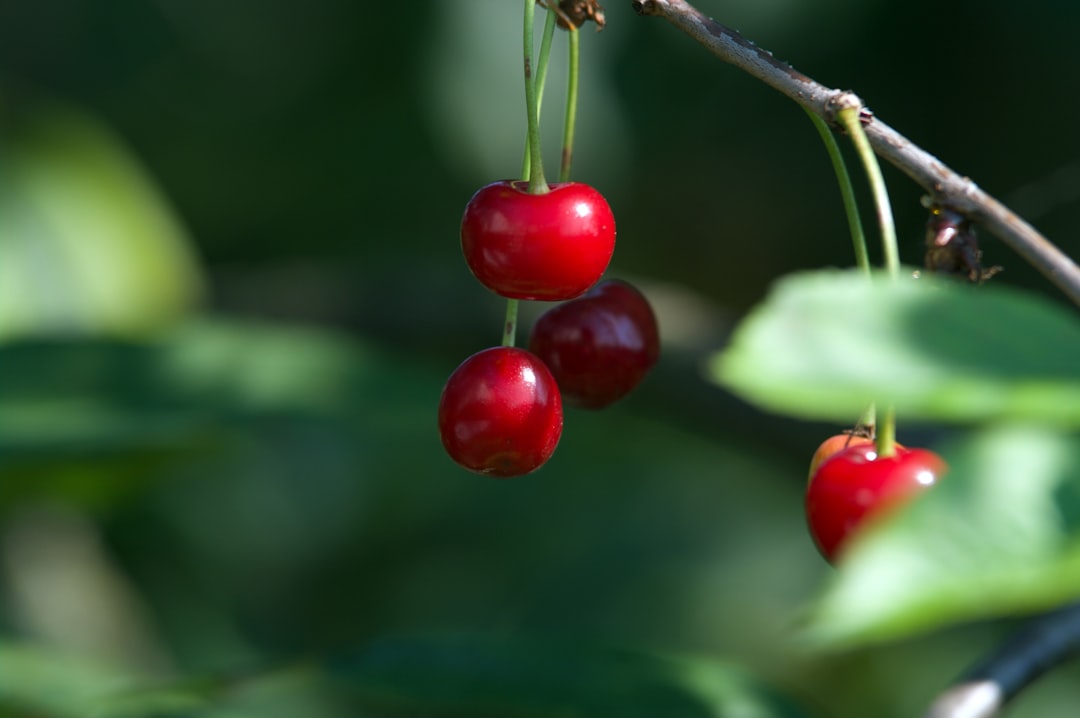
Worldly pleasures: to taste or not to taste? A Buddhist perspective.
Favourite teachings: King Indrabodhi and the Buddha

Is it possible to enjoy the pleasures of a worldly life while also striving for enlightenment? Hedonistic pleasures, relationships, possessions, status – do they hold us back from experiencing a permanent freedom which is quite beyond the material realm? If we’re serious about our inner journey, at some point must we be willing to step away from such things?
Questions like these naturally arise for those of us who lead ordinary lives but who are also drawn to meditation and the Dharma. We may be challenged by those who return from visits to places like Thailand or Myanmar and who encounter Buddhist monks whose lives of stark simplicity could hardly be further removed from our own.
What kind of a Buddhist are you, we may be asked, with your busy social whirl and wardrobe full of clothes? I remember how a center I attended was dismissed for being full of “yuppy Buddhists” because the parking lot had a fair smattering of up-market European vehicles!
Monastics and householders
Just to clear up a few of the more obvious misunderstandings, the lifestyle of a monastic person is necessarily very different from that of a non-monastic – we lot are sometimes called ‘lay’ people or ‘householders.’ While there is no higher calling than to be an ordained monk or nun, many lay people have also attained the highest spiritual realisations. Monastics do not have a monopoly on nirvana or enlightenment, nor would they claim to.
Theravada and Mahayana
Distinctions can also be made between Theravadan Buddhism practiced in South East Asian countries, and the Mahayana Buddhism practices of the Himalaya regions and more Northern parts of Asia. In dealing with material pleasures, the Theravadan tradition often places more emphasis on averting one’s focus from those things that may lead to craving, while in the Mahayana path we seek to use such experiences to eradicate craving. On the surface of things, these objectives may appear contradictory, but in reality they are more about what suits us better, personally or culturally.
How we relate to things
Most of all, what counts is not so much things themselves as how we relate to them. Which brings us to the crux of the matter, explained in one of my favourite teachings told by my kind and precious guru, Geshe Acharya Thubten Loden:
In Lord Buddha’s time there was a great king called Indrabodhi. He explained to the Buddha that he definitely wanted to attain enlightenment, but that he did not want to have to give up his family, palace, possessions or responsibilities as a king. The Buddha told King Indrabodhi that it was not necessary to change his situation and that he should continue to enjoy his possessions, position and relationships without being attached to them. At the same time he should be mindful of impermanence, bodhichitta and the wisdom perceiving the true nature of all phenomena and practise accordingly. By following the Buddha’s instructions the king was able to attain enlightenment.
(Path to Enlightenment in Tibetan Buddhism, p 208, Tushita Publications, Melbourne, 1993)
A great deal is implied in that simple line about enjoying things ‘without being attached to them.’ But this is key to answering the question: can we enjoy worldly pleasures?
It is sometimes pointed out that a monk may feel much more possessive of his one and only non-clothing possession, a wooden begging bowl, than a householder may feel about his many more valuable belongings. The problem is not the things themselves - which are “innocent” as Jetsunma Tenzin Palmo puts it - so much as how we relate to them.
What’s more, being rich is an entirely relative concept. None of us may feel especially well off by comparison with our more affluent fellow-citizens. But in developed countries even the poorest among us, who may benefit from some level of welfare support, are incomprehensibly privileged compared to the poor in Africa, Asia or South America where there is no safety net at all. We may not feel especially rich, but compared with most people on earth we are spectacularly so.
Geshe Loden goes on to explain: There were many in Tibet who practised Dharma diligently, but did not spend their lives in caves or retreat. They were government ministers, lawyers, farmers and businessmen who worked in society while still practising Dharma strongly. The practice of Dharma is dependent on the mind, not external conditions.
Where we exist on the wealth spectrum, in other words, is irrelevant. Our BMW, electric scooter or usual bus stop is neither a hindrance nor advantage when it comes to our inner journey. By all means let’s enjoy whatever material pleasures may come our way because of their causes - acts of virtue carried out by the unknown being we once were. But let’s not get too caught up in the world of exterior appearances and superficial judgements.
The vehicle we drive, the post code we live in, just like the colour of our eyes, skin, gender, sexual orientation, cultural background, voting preferences and accent are all utterly irrelevant to inner growth. Our challenge is not to be seduced by appearances but to see through them. They have no inherent qualities or capacity to make us happy. True happiness is a quality that arises irrespective of circumstance, as joyfully revealed by some of the world’s poorest people.
In the words of Geshe Loden, when we are mindful of impermanence, bodhichitta and the wisdom perceiving the true nature of all phenomena (shunyata), we can put appearances - including worldly pleasures - in their proper place.












What a timely article! After your interview of Vicki McKenzie, I promptly read Cave in the Snow and the Revolutionary Life of Freda Bedi and went on to Tenzin Palmo's The Heroic Heart and am now starting Reincarnation: the Boy Lama. After you study these people's lives, you do wonder how you can possibly progress toward enlightenment without giving everything away and moving to Dharamshala or at least somewhere in the Indian Himalayas! But Tenzin Palmo's book The Heroic Heart is also helpful in that respect because she explains how we can take the challenges of our mundane lives as precious ways to become more mindful and overcome our uncontrolled reactions. Keep up the great work. You always bring a welcome bright spark of dharma teaching to your emails and blogs.
Hi David, Thank you for this great piece of writing. We Westerners tend to concentrate too much on things. I suppose I did when I was younger. But now at this age I feel the most precious item to have is health. How I wish I was as healthy I was when in the army. I could enjoy my life more now at this age doing and giving. I also wish it for my dear wife as well. It doesn’t seem right that we should live to this age only to be too unhealthy to enjoy it.
I am happy that we have what we need, except health.
I will just keep practicing.
Thank you
Peter